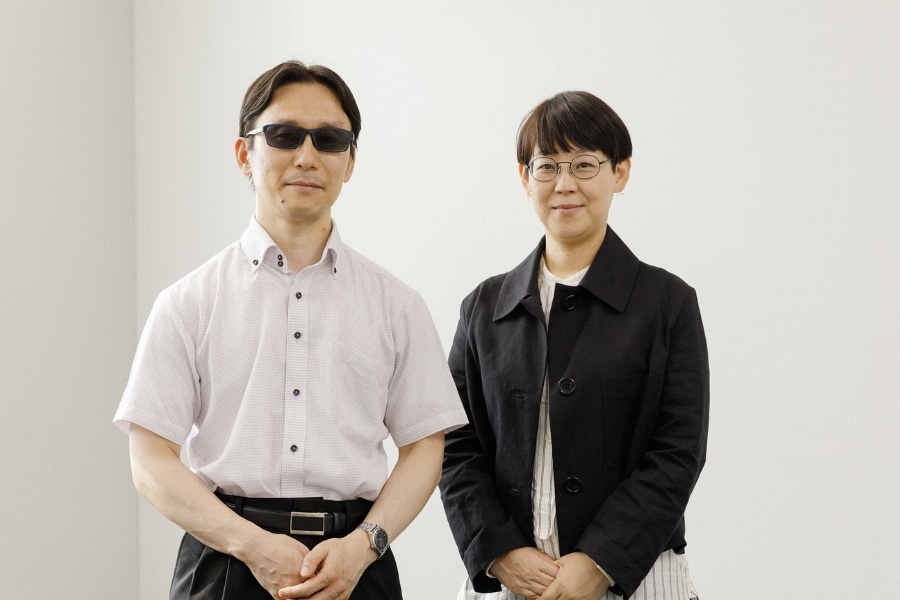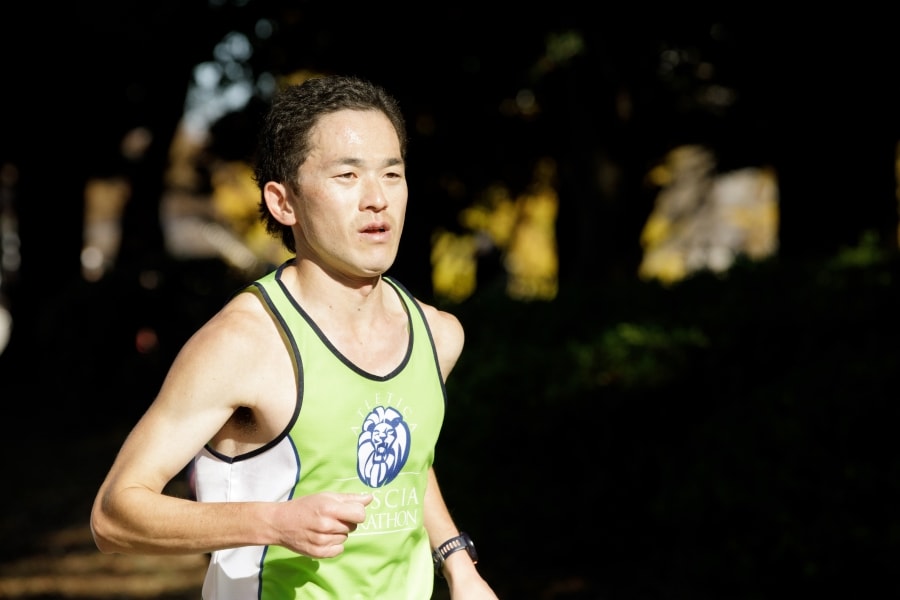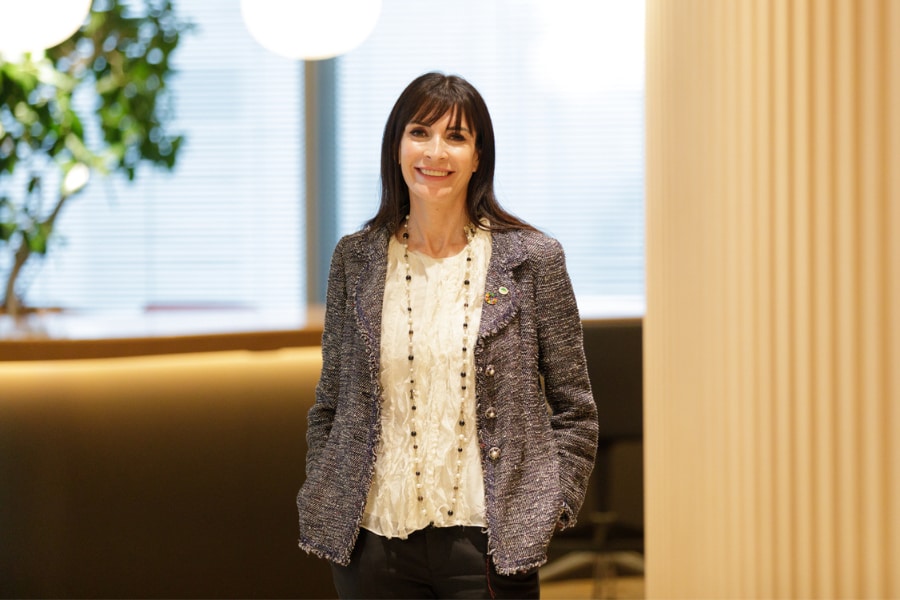Designing Trains That Blend Seamlessly into Daily Life
Actor Mr. Jun Soejima on Creating a Workplace Free from Bias
Mr. Jun Soejima is an actor and personality who is well-known for his appearances on morning TV shows. Although he was born and raised in Japan, he was bullied in elementary school solely because of his appearance of being “tall with dark skin.”
How can a workplace environment be created where everyone can work comfortably without being bound by bias based on appearance or origin? This article is an interview with Mr. Soejima, who says, “Taking advantage of differences creates an environment in which everyone can work comfortably.”
Bullied for looking different
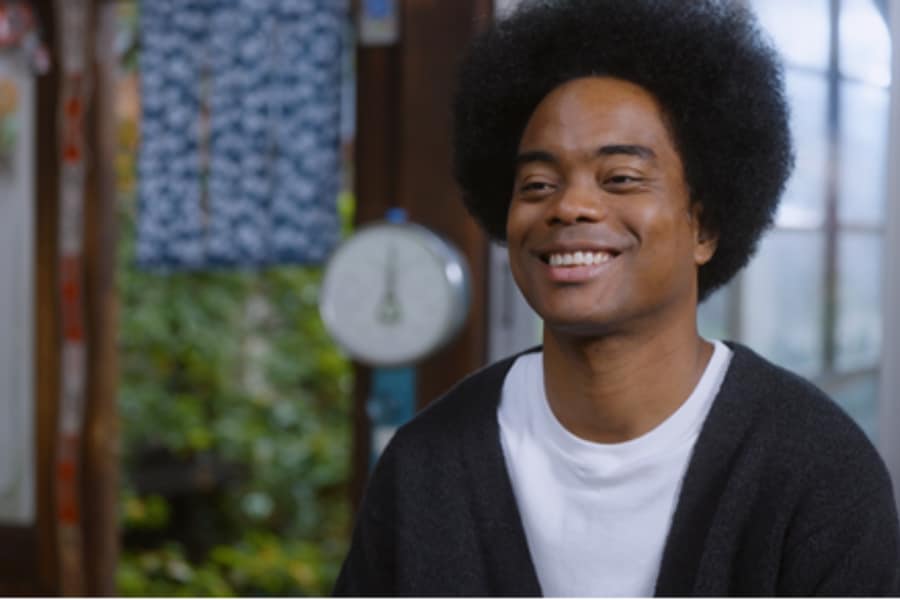
--Could you please start the interview by introducing yourself?
Mr. Jun Soejima: My name is Jun Soejima, and I’m an actor. I appear in TV dramas and movies, and also in morning TV shows as a reporter.
My father is African-American and my mother is Japanese. Because of my appearance, I am often told "You look like someone who loves summer" or "I bet you barbecue a lot.” However, I don't like either of those things. Actually, I prefer to spend time at home watching TV dramas, going to public baths by myself, and taking saunas.
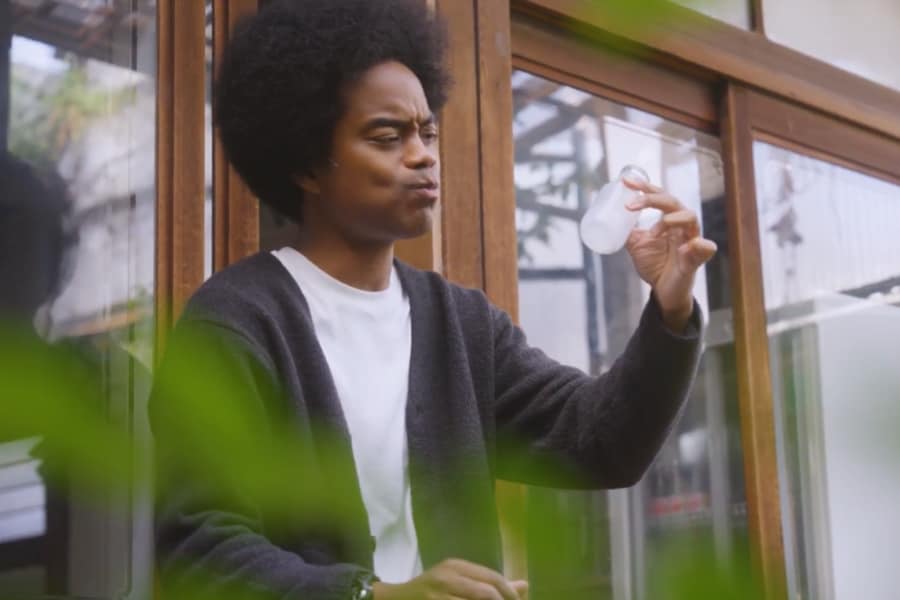
--The statement "You look like someone who loves summer" can only be born from bias. Have you faced many other bias based on your appearance?
Jun: When I first started working in TV, people often said to me: “You can actually speak English, can’t you?” And even though I can't speak English at all, they would say: “That's just a character you’re playing, right?” I couldn't get people to believe me... Now I am playing a character that looks like he can speak English but actually can’t, so now when people ask me that, I’m happy to hear it (laughs).
--I heard that you had some bad experiences regarding your appearance when you were a child. What incidents in particular were difficult for you?
Jun: From the time I was in the fourth grade, I was bullied—things like having my jacket and textbooks hidden and having soccer balls kicked at me—because of my appearance. Since I hadn’t been conscious of my skin color or hair type up until that point, and then I was bullied because of my looks seemingly out of the blue. It was a painful experience and made me distrustful of others.
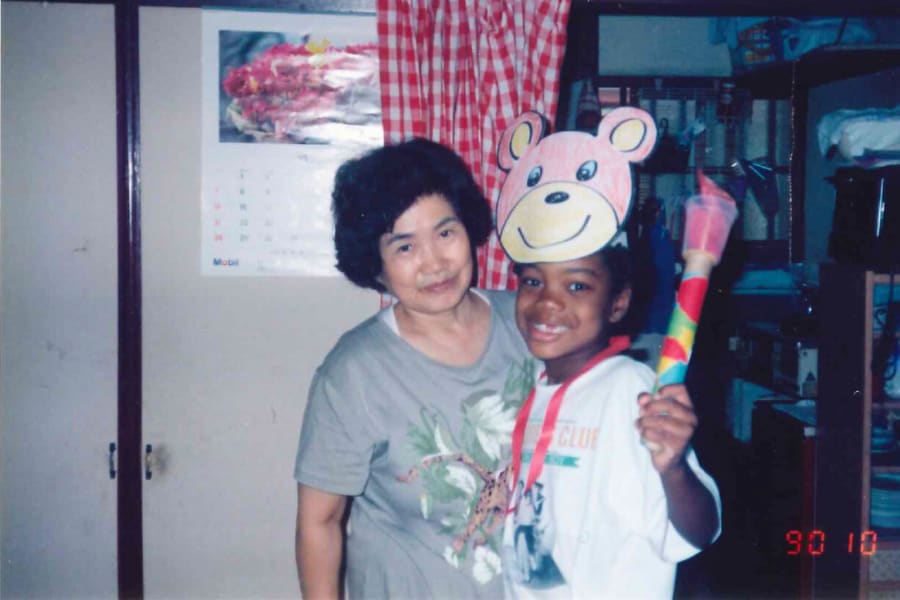
--What did you think about that at the time?
Jun: I wondered why they would do such a thing when they knew nothing about me. I wanted people to get to know Jun Soejima the person, rather than judging me based on their preconceived notions of me. I didn't want to be excluded from the group based solely on my appearance, ignoring what kind of person I was and others saying, “He's not like us.” It also made me lose confidence.
Successful experiences: Able to change you
--How can we get to know others without bias?
Jun: Listen to what the other person has to say first. When I’m on location for a TV program and I talk to regular people, I make a conscious effort to listen to what they have to say first. I then ask them questions about things they said that I found interesting. My basic rule is to be passive at first.
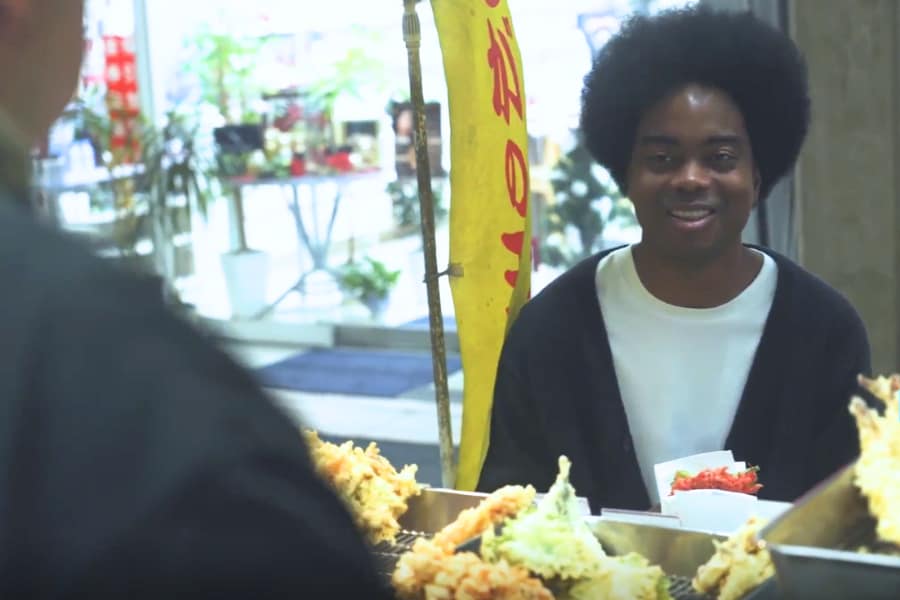
--So you’re saying start a conversation by listening to the other person's words?
Jun: Yes. What is important is whether or not you have consideration for others. As long as one is considerate, I think differences are a conversation starter.
--In what sense?
Jun: When we meet someone for the first time, we introduce ourselves and ask where the other person is from, what his/her favorite food is, and so on. I think there is no difference between that and talking about your roots and country of birth.
When I was in junior high school, the confidence I gained through basketball enabled me to speak out, which made me feel at ease. I think it is important to be passive at first and listen carefully to what the other person has to say, and then to open up more and more to let people get to know you.
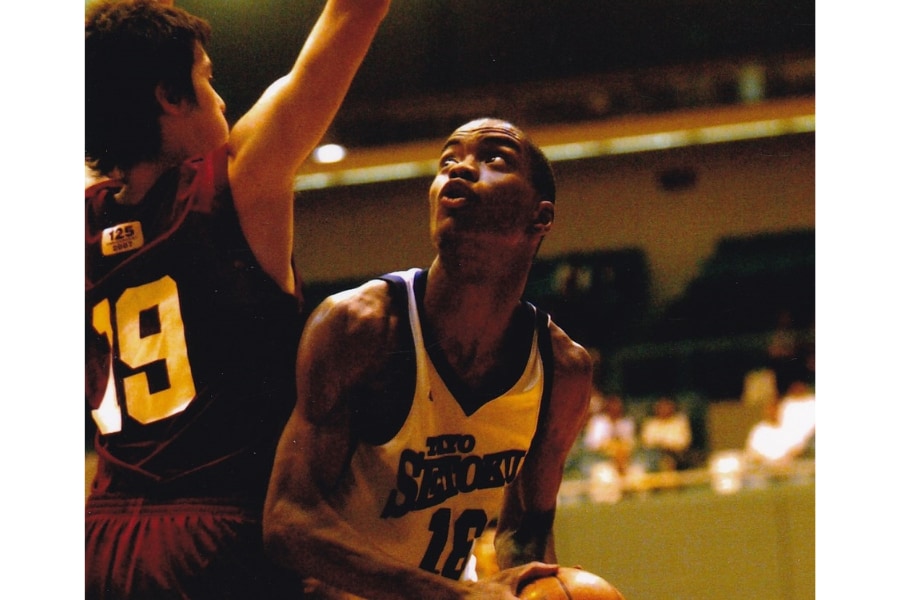
--However, there are some people who are not good at talking about themselves. Would you please give those people some advice?
Jun: I think it is important to have successful experiences. The successful experiences I’ve had playing basketball when I was a student that I mentioned earlier and since I started working have been very powerful for me. When I started acting, I only got stereotyped roles playing rappers, gangsters, and characters like that, and to be honest, I hated going to auditions.
However, a role in a play I had in 2009 completely changed my way of thinking: I played a black feudal lord, and I gained confidence that I could play such a role, which made me more and more positive about other roles.
--So, you’re saying if we can experience success at work in this way, we will be able to work with more vigor?
Jun: Yes, exactly. I happened to have successful experiences in basketball and stage work, but it doesn't have to be sports or public appearances. It’s alright if you can find something that you can get hooked on and continue to do. Even if it is just something you can get into alone at home, it will broaden your horizons. It is important to firstly energize your mind.
The ideal workplace environment: One where differences can be enjoyed
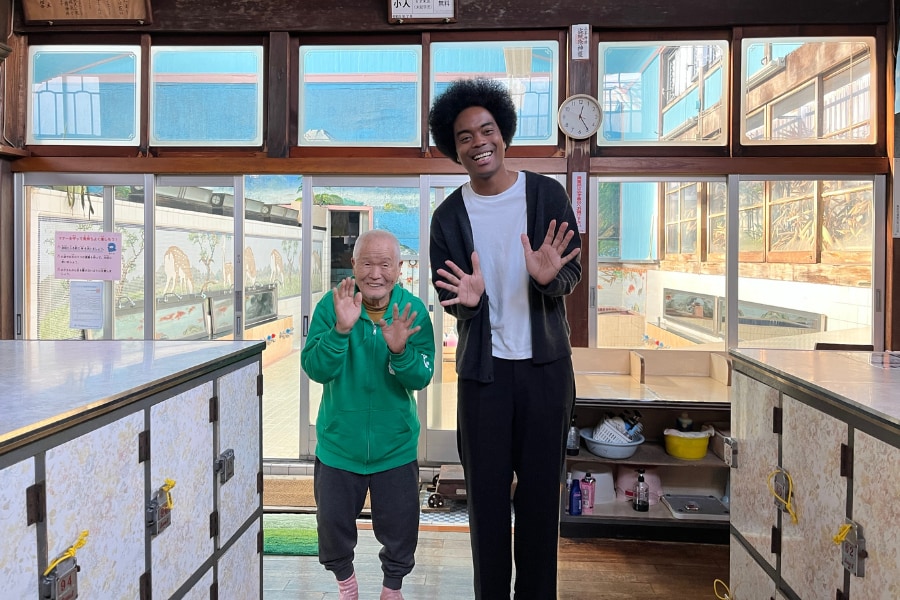
--How can we achieve an inclusive workplace where everyone can work comfortably?
Jun: The fact that there are so many different people means that there are also different values and ways of thinking. But even those differences can be enjoyed. I think that by making the most of differences, we can create an environment that is truly comfortable for everyone to work in.
As I am aware of at my workplace, in order for everyone to move in the same direction, it is absolutely necessary to have an equal relationship with others, rather than worrying about who is superior or who has a higher position. If we can have lively and fair discussions with everyone on the same level, I reckon that new discoveries will be made and work will become more and more interesting.
--So you’re saying diversity can be a motivating factor at work?
Jun: Yes. Each person is truly different. I used to have a really hard time because of these differences and even considered to commit suicide.
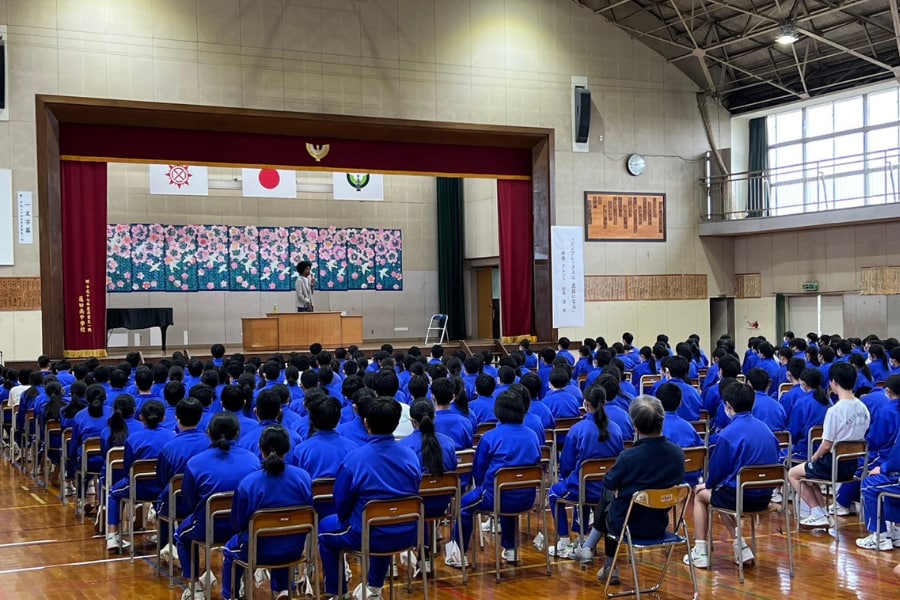
Now, I give talks at schools and other venues throughout Japan and, as in the case of this interview, I look back at my past and talk about it. I believe this is because I have been able to discover many things and connect with many people by enjoying rather than turning my back on such differences. I hope that readers too will enjoy differences and connect with various people in a natural way, rather than being overly self-conscious.

